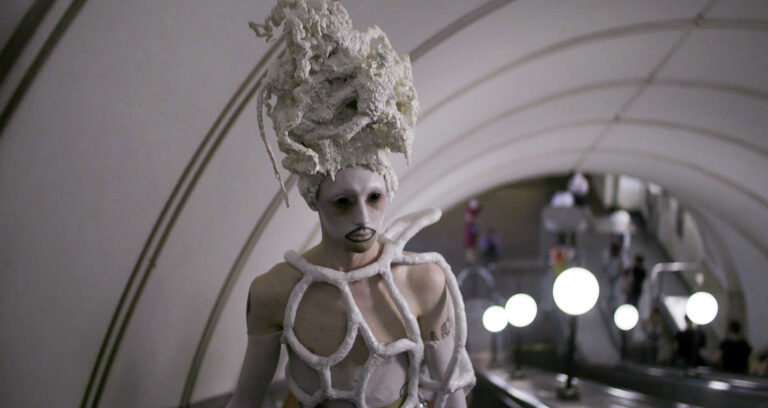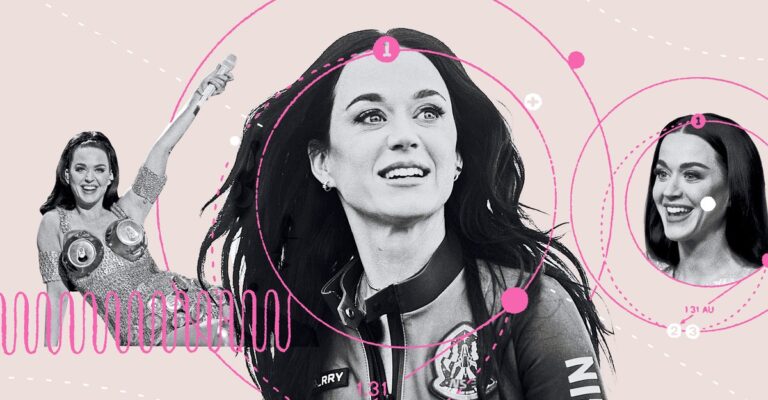
It will surely come as a disappointment to you to learn that the BBC has withdrawn its interesting documentary Gaza: How to Survive a Warzone while it does something called “due diligence” into how the film came to be made. I wonder if it mightn’t have been better to do a little bit of due diligence before the programme went on air, or even at the planning stages.
That’s a question one assumes will be asked by the culture secretary, Lisa Nandy, when she meets with the corporation’s execs. Even she seemed appalled that the BBC had commissioned an expensive documentary about the crisis in Gaza narrated by the son of a senior Hamas government minister, one of the leaders of a proscribed terrorist organisation.
• BBC documentary on surviving Gaza ‘is fronted by Hamas royalty’
Speaking in a Gaza full of the most lovely people and seemingly entirely free of Hamas fighters or angry men screaming about jihad, Abdullah Al-Yazouri, aged 14, spoke with some eloquence about the death rained down upon him and his compatriots by the fascist Zionist entity.
Abdullah is the son of Hamas’s deputy agriculture minister, which raises another question: why does Hamas have an agriculture minister? To oversee the harvesting of those vast rolling fields of wheat? Is he really just in charge of where to dig the best tunnels? But these are questions for another day.
As you might imagine, the documentary aroused furore. Danny Cohen, the BBC’s former director of television and a former controller of BBC1, said: “This documentary fails the most basic of programme standards. Links to the terrorist group Hamas were not disclosed. This is a shocking failure by the BBC and a major crisis for its reputation. The BBC’s commitment to impartiality on the Israel-Hamas war lies in tatters. The BBC’s senior leadership needs to wake up now and admit the corporation has a serious problem.”
Well, indeed. It is not as if the corporation has had an unblemished war, either, given its relentless bias towards the Hamas cause — not least its weird reluctance to describe Hamas as “terrorists” even after the October 7 attacks. I can’t think of a better term to describe them, although I suppose “loveable little squirrels” comes close.
The question is how the thing was commissioned and made it on air. Did the boss of BBC News, the hapless Deborah Turness, not take any interest in the programme, given that its subject matter could hardly be more sensitive? My spies within the BBC suggest the failure was one of intellect, rather than yet another case of flagrant bias.
The argument goes that the journos were so pleased with themselves to have got access to a Palestinian kid that they did not for a moment question how young Abdullah suddenly arrived on their doorsteps. “They suspended all disbelief, all scepticism and diligence,” I was told. “They weren’t curious.”
Weren’t curious? Isn’t that something of a drawback for a journalist, like being a hydrophobic diver? To give this thesis a degree of credence, however, we should remember that the BBC has in the past been in such a self-congratulatory mood that it has forgotten to make the most cursory of checks on programmes it has bunged on air with a whole bunch of hoop-dee-doodle, one eye on a Bafta. The name Martin Bashir might ring a bit of a bell here, I think. They were all pleased as punch about that Diana interview, but nobody thought to delve into how, exactly, it had been procured.
This does not quite do it for me. I am sure that intense stupidity is in there somewhere, as it usually is with anything to do with television. But if it were simply that, the BBC would not being saying now that the programme will be shown again once it has added a line informing viewers it was narrated by the son of a senior terrorist group official.
It doesn’t get it, does it? Can the BBC not understand that the programme is a grotesque affront to licence-payers, especially Jewish licence-payers, regardless of whether the corporation is kind enough to explain that Abdullah’s dad is a deranged jihadist? A corporation charged with being impartial is putting on air a documentary narrated by the son of a terrorist leader. How can it not see that this would appal?
The BBC doesn’t see it, I think, because of a long-standing bias against the state of Israel and in favour of the Palestinian cause, regardless of what ghastly organisation is prosecuting it at any moment in time. It takes that view partly as a consequence of a childish naivety, always believing that the more affluent and powerful a country is, the more it is likely to be in the wrong. But it is a naivety that surely, at the very least, teeters into anti-semitism.
Refusing to describe the murderous savages of Hamas as “terrorists” is just one example of breaching that division. So too the habitual credulity with which the BBC greets any pronouncement from Hamas officials. Commissioning a film from Hamas takes it to a whole new level.




